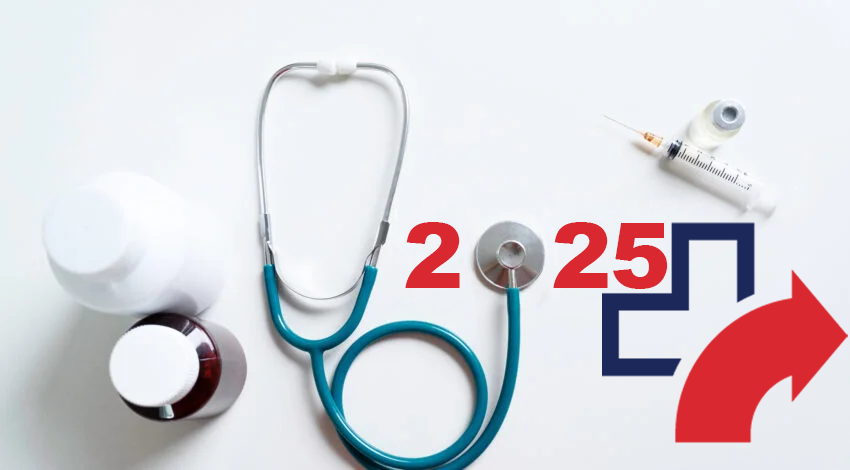
Seasonal Allergy Treatment
It is best to come to Fast Pace Health the second you begin to feel your yearly allergy symptoms returning. Here at Fast Pace Health — Urgent Care Clinics, we can help you determine what exactly is causing your allergies and give you the right medications to finally help you get rid of all of your symptoms. The next time you feel your seasonal allergies flaring up, come see us at Fast Pace Health and we’ll get you right in to see our team of healthcare providers.
If you are one of the incredibly unlucky people in the world who have to deal with seasonal allergies then you know just how much of a pain they can be. Seasonal allergies can be downright miserable. They can lead to stuffy noses, sore throats, watery eyes, and just pure distress.
How can I Feel Better?
Symptoms of Seasonal Allergies
Seasonal allergies, or hay fever, are allergies that occur during certain times of the year. Most often, they occur during the springtime as flowers and trees begin to bloom. For people who are affected by seasonal allergies, allergens in the air can cause their immune systems to go haywire. Their immune systems attack allergens as if they were pathogens. As a result, patients feel a variety of symptoms including:
- Sneezing
- Itchy nose or throat
- Nasal congestion
- Runny nose
- Coughing
These symptoms may also be accompanied by itchy, watery eyes or shortness in breath. If you or your child does experience shortness of breath in addition to any of the above symptoms then the allergies may have progressed into asthma. If this occurs, then different treatments may be needed to help you or your child cope with the spring season.
What is the Treatment for Seasonal Allergies?
For allergy sufferers, treatment for allergies may seem almost impossible. The symptoms of seasonal allergies can range from mild to severe. Plus, allergies may also need multiple treatments in order to get full relief. The best treatment is to avoid the allergen altogether, but if you are allergic to allergens such as pollen, dust or mold spores then avoidance may not be treatment enough. The following is a list of over-the-counter or prescription medications that may help you find some relief.
- Antihistamines
- Nasal steroids
- Cromolyn sodium nasal spray
- Decongestants
- Allergy shots
Air purifiers, air filters, humidifiers, and conditioners may also be helpful in treating your allergies. These products can help purify the air inside your home so that you can breathe easier and find relief from your seasonal allergies.
What Causes Seasonal Allergies?
The substances that cause allergies are known as allergens. These can be any type of environmental, chemical or food particle that enters the body and causes a reaction. Allergens can enter the body in many different ways. Most often, seasonal allergies are caused by allergens that are inhaled into the nose and the lungs. These allergens include pollens of grasses, flowers, and trees. Inhaled allergens also include cat or dog dander, dust, or mold spores. Allergens can also be ingested by the mouth, injected into the skin or bloodstream, or absorbed through the skin. For many reasons, a person may become desensitized to an allergen such as pollen. When this occurs, the body begins to act as if the allergen is a foreign pathogen and the body attacks the allergen whenever it enters the body. When an allergen enters the body the immune system sends antibodies to attack the allergen. The antibodies release chemicals such as histamine and prostaglandins to surround the allergen. In turn, histamine and prostaglandins cause symptoms such as redness, swelling, inflammation, and mucus production. The symptoms of seasonal allergies occur as a result of the chemicals released by your immune system when you encounter allergens.
Seasonal allergies are caused by a large variety of allergens. The majority of spring allergies result from pollens that form in trees, flowers or weeds. Seasonal allergies may also be the result of mold spores, mildew or dust in the atmosphere.
If you are experiencing a medical emergency, please dial 9-1-1.
Related Resources


